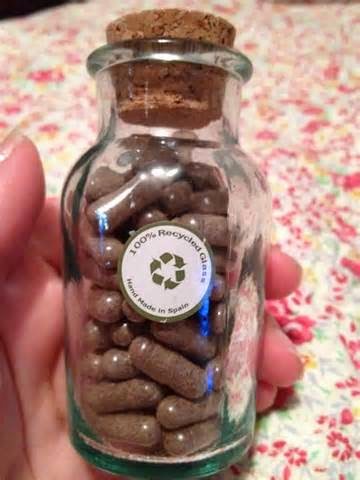Essential oils are a staple in my house.
My four year old has asked on more then one occasion "I need my calm" when she gets overwhelmed.
My husband has told me "Please. Get your oils. My head is pounding."
Essential oils have been used for thousands of years, quite extensively, directly or indirectly for better health.
Essential oils are made from steaming flowers, plants, bark and roots of plants. How much more natural can you get?
These are not "oily" oils.
There are so different uses and benefits.
But my top 4 essential oils are definitely these:
Almost all of them need to be used diluted in a carrier oil (jojoba, coconut, grape seed, seasame, olive oil, etc).
My husband has told me "Please. Get your oils. My head is pounding."
Essential oils have been used for thousands of years, quite extensively, directly or indirectly for better health.
Essential oils are made from steaming flowers, plants, bark and roots of plants. How much more natural can you get?
These are not "oily" oils.
There are so different uses and benefits.
But my top 4 essential oils are definitely these:
I'm also a fan of clary sage, patchouli, chamomile and eucalyptus.
They can be used to aid as an antidepressant, antifungal, antimicrobial, acid reflux, decongestant, helps asthma, sleep.
I use it for my home made wipe solution, I dilute and rub lavender and chamomile on my kids; diluted peppermint and lemon for headaches, lemongrass for allergies.
I love cleaning with orange.
I put some in my wool dryer balls.
I sprinkle some on the sheets.
I diffuse different ones depending on how the day goes.
















